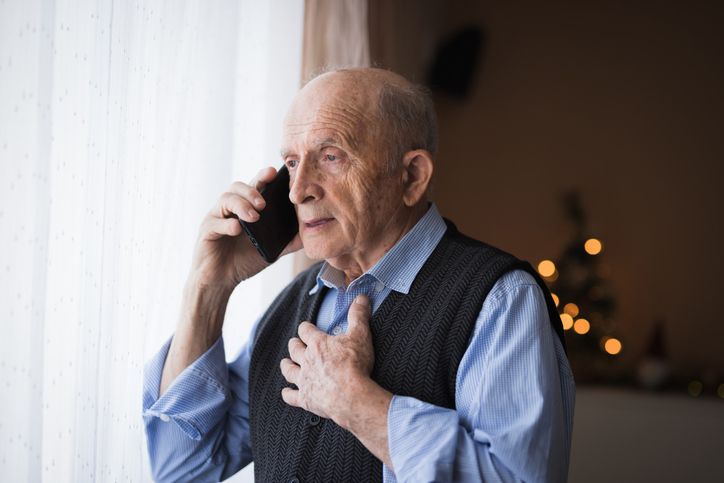Emergency and Trauma Care
Want to learn more about this at Kettering Health?
More than 805,000 people in the United States experience heart attacks each year. During a heart attack, blood flow is cut off from the heart and tissue begins to die. Because of this, every second counts. The longer treatment is delayed, the more the heart is permanently damaged.
Signs of a heart attack
Dr. Nancy Pook, medical director of the Emergency Center at Kettering Health Main Campus, says it’s important to know heart attack symptoms. If you notice any of them, call 911 immediately. Calling 911 could not only save your life, but it could also improve your recovery by getting you to the hospital faster.
“Symptoms include a severe dull, squeezing pain in the chest and shortness of breath that comes on suddenly and persists,” Dr. Pook said. “It can be an overwhelming feeling for some people, while others might experience more subtle symptoms.”
Other symptoms could include
- Chest pain with exercise but relieved by rest
- dizziness or lightheadedness
- cold sweats
- pain spreading to your shoulders, neck, jaw or arms.
Dr. Pook explains that women and diabetics might see fewer symptoms and experience duller, less intense pain. Women might also experience pain in the lower abdomen or upper back as well as fainting or severe fatigue.
Heart attack symptoms=911
If you experience these symptoms, your first step is to call 911.
When you call 911 and paramedics arrive, they contact the emergency room and begin to intervene with the potential effects of a heart attack.
“Paramedics can do the most critical things within a few minutes, including starting an IV and transmitting an electrocardiogram (EKG) to the emergency department physician,” said Dr. Pook. “There are medical protocols in place for the first responders to follow, and all of this is delayed if you come in on your own.”
Within the first few minutes of arriving at an emergency department, physicians review your data, and the cardiac alert team responds. Having this information within seconds saves valuable time and leads to their ability to preserve more heart muscle.









